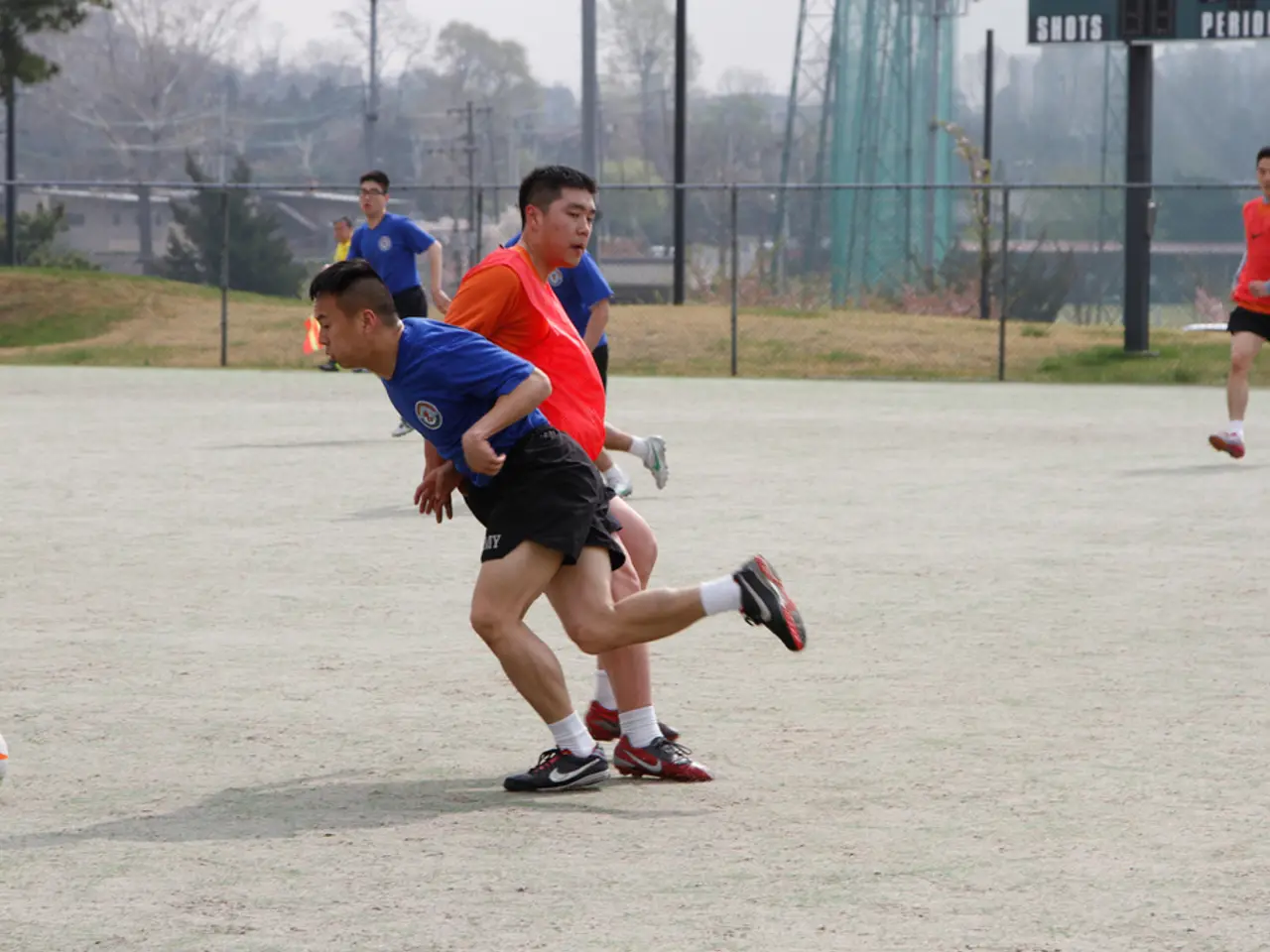Aberdeen Calls for Transformation after Connor Barron's Tribunal Verdict
The UK's player development compensation system, designed to incentivize and protect clubs investing in young football talent, has come under scrutiny following Aberdeen Football Club's recent dispute with Rangers over the transfer of Connor Barron.
Aberdeen, who nurtured Barron for 14 years, playing at every age group for the club, expressed disappointment with the final decision of the tribunal regarding the transfer. The club believes that the compensation package of £639,920, with an additional £250,000 subject to performance-based conditions, does not adequately reflect the extensive costs contributed towards Barron's training.
The club rejected a full and final offer from Rangers in May, leading to a tribunal, due to the potential compensation amount. Aberdeen maintains that the current compensation system does not adequately incentivize or protect clubs in the development of young players, as the categorization and figures within the FIFA system do not reflect today's actual costs incurred by clubs.
The outcome of the tribunal for Barron's transfer to Rangers highlights the need for reform in the player development compensation system. Aberdeen is potentially entitled to receive "future economic rights through a sell-on clause" if Barron is sold by Rangers in the future.
Since Brexit, larger English clubs have been luring young Scottish talent, often for minimal compensation. This trend has raised concerns about the broader implications of the compensation system for player development. Aberdeen has called for an urgent review into both the domestic and international training compensation systems, aiming to ensure that clubs can be confident that the increasing costs of academy player development are recognized.
The compensation system, as it currently stands, does not adequately incentivize or protect clubs in the development of young players, according to Aberdeen. The club feels that the tribunal's final decision did not adequately reflect the extensive costs contributed towards Barron's training and expressed concerns about the administrative burdens and disputes that can arise from the system's complexity and enforcement.
The UK's player development compensation system is based on training compensation payments when players sign their first professional contracts and solidarity payments when players are transferred between clubs internationally before a certain age. These financial mechanisms encourage grassroots and academy investment because clubs know they will be compensated for their role in a player's development, even if the player later moves to a bigger club for a transfer fee.
However, there have been calls for reform in this system, arguing it may no longer fully serve the interests of helping clubs at all levels or reflect current football economics. The key issues raised include the adequacy and fairness of fees paid as compensation, the system's complexity and enforcement, and the need to update or align compensation rules to better reflect modern transfer market dynamics and the development pathways of young players.
While the search results did not provide explicit details on the UK football player development compensation system or its reform calls, such discussions are common within football governance debates to ensure continued investment in youth development is sustainable and equitable. If detailed policy information or reform proposals in the UK are needed, official football governing bodies' releases (e.g., The Football Association, FIFA regulations) are the appropriate references.
The financial implications of the UK's player development compensation system, particularly its impact on the business sector including football clubs, have been a topic of scrutiny recently due to disagreements like Aberdeen's dispute with Rangers over the transfer of Connor Barron. The club's dissatisfaction with the compensation package, based on their belief that the extensive costs of player development are not adequately reflected in the current system, highlights the need for sports organizations to consider reforms in this area.




